By all means the most difficult thing so far has been the hard-hitting reality that you can't fix everything, and may change nothing. Before coming out to Greece I thought I was relatively clued up about the situation that has unfolded in Europe over the last year but nothing could prepare me for the extent of disregard for refugees, the sheer mismanagement and chaos that surrounds their futures and finally, most poignantly, the burning shame I feel when I see first-hand the way in which our governments are treating some of the world's most vulnerable people. It feels like Europe has turned its back on a struggling Greece and all but dismantled any system of humanitarian protection. With borders remaining firmly closed, its hard to evade the feeling that, most dangerously, Europe has disregarded a common ethos of humanity and commitment to protect those in need. We do not need reminding of how recently we had to employ this duty of care to protect those fleeing within our own borders.
On my first day with RefuAid we visited Nea Charni camp after work at the pharmacy, a small site with roughly 300 people camped in what can only be described as a cage. The rain hadn't ceased for three days, canvas tents were swamped and supported with cardboard, and open sewage from portaloos was flowing into the back of the camp near where children were playing. I was told that the situation in this camp had deteriorated rapidly in the last few weeks but even at its best, these people were living in an environment that to me seemed effectively inhumane, especially when on the drive through town to the camp you can't help but notice blocks of empty houses. I resist from criticising the Greek government as I become increasingly aware this crisis has befallen a country whose economy is on its knees. Unemployment has reached 25% and tax cuts salaries by over a half, shelves in shops are desperately empty and hospitals are ghost towns due to staff cuts. There is a strong feeling that this is a country at tipping point.
In the afternoon we led our first community meeting with the self-elected leaders of Nea Charmi camp and despite our best efforts, conversation quickly led to politics. With the help of a translator, five middle aged men from Syria and Iraq implore us to give them more information, to which we have no answers. When will we move? When will the borders open? With much difficulty we steer the conversation back to areas where we can try and offer support, initially to no avail. "We don't care about food, we don't care about clothes" he says, "we just want to live like humans, when are we leaving?" It was in the face of this stark statement that I recognised the insurmountable task ahead for anyone working in the camps. Whilst you can try to improve the living conditions day by day through offers of clothes, toiletries, toys, items that we prioritise as essential in any stable existence, it was a blunt realisation that the very thing that could improve the plight of refugees is completely out of our control; the borders are closed and the European asylum system has ground to a halt.
Bizarrely the visual reality of the camps does not come as so much of a shock, presumably the result of desensitisation due to last year's widespread media coverage of the crisis. What has been most heart wrenching is the sheer lack of dignity with which refugees are being treated, living in conditions that commentators and humanitarian organisations have declared this week unfit for animals. There is such a palpable sense of injustice that you want to cry, and frustration is rife in refugees and volunteers alike.






